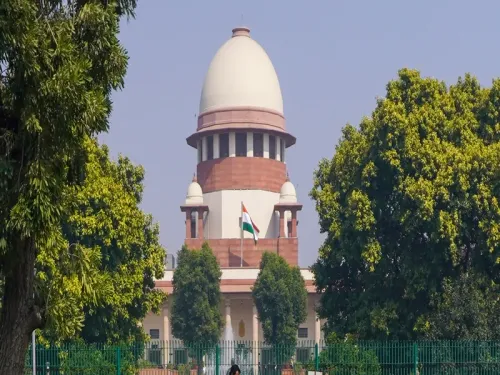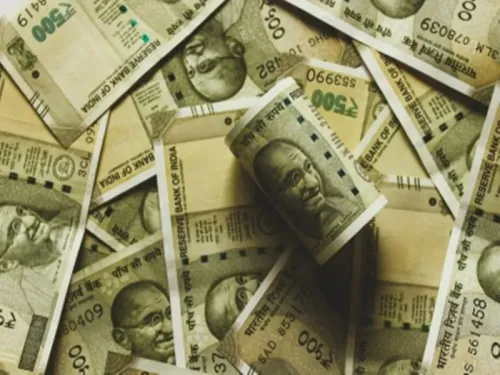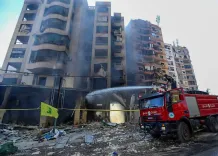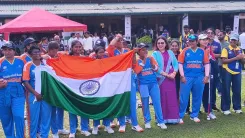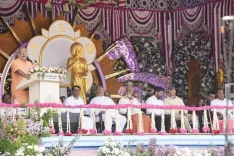How Do Gang Violence and Khalistani Extremism Endanger Canada’s Safety?
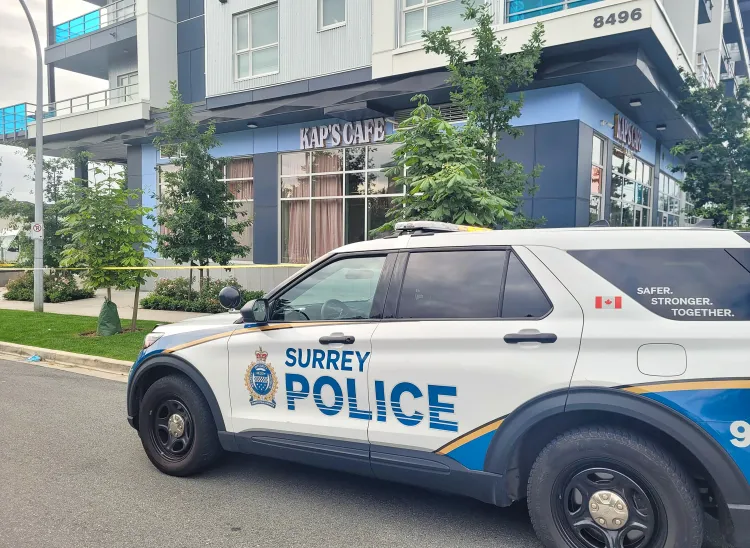
Synopsis
Key Takeaways
- Canada faces a serious threat from gang violence.
- Khalistani extremism complicates the security landscape.
- Recent attacks highlight the intersection of crime and ideology.
- Political response has been lacking in tangible results.
- Stronger laws and international cooperation are essential.
Ottawa, Aug 18 (NationPress) Canada is currently grappling with a troubling intersection of gang-related extortion and Khalistani extremism, posing serious risks to public safety, community trust, and diplomatic relations with India, as highlighted in a report released on Monday.
In a recent incident, Surrey's Kaps Cafe, owned by Indian comedian Kapil Sharma and his wife Ginni Chatrath, was targeted in a violent shooting for the second time in less than a month. On August 7, assailants unleashed at least 25 rounds into the café and left behind a makeshift explosive device. This brazen attack in broad daylight followed a similar shooting on July 10, shortly after the café's opening, as reported by Khalsa Vox.
The report notes that the attacks on Kap’s Cafe were reportedly claimed by members of the Lawrence Bishnoi gang, a notorious criminal organization in India known for extortion and contract killings. Their reach into Canada, facilitated by encrypted communication apps and diaspora networks, showcases how Indian gangs have successfully globalized their operations.
Furthermore, the report indicates that the ideological component of Khalistani extremism complicates the situation. While the August 7 incident bore the hallmarks of the Bishnoi gang, the July 10 attack was claimed on social media by Harjit Singh Laddi, an alleged fugitive associated with Babbar Khalsa International (BKI).
These incidents in Surrey are not isolated but reflect a broader crisis where gangsters, terrorists, and ideological extremists converge, undermining Canada's security and societal harmony.
It stresses that Ottawa must go beyond treating this as merely a local law enforcement issue and must respond with concrete measures, including stronger legislation against transnational gangs. The report urges Canadian authorities to enhance intelligence-sharing with India and to remain committed to tackling Khalistani extremism without political reservations.
Despite strong rhetorical responses from political leaders, tangible outcomes remain elusive. Surrey Mayor Brenda Locke has called on Ottawa to classify the Bishnoi gang as a terrorist organization, contending that extortion and targeted shootings amount to economic terrorism. Similar calls have been echoed by leaders in British Columbia, Alberta, and Brampton.
However, the report indicates that Canada remains cautious about such designations, as labeling the Bishnoi gang a terror outfit would have significant legal and diplomatic ramifications, allowing authorities to freeze assets and ramp up surveillance. This action would align with India's longstanding call for robust measures against Khalistani extremists hiding in Canada.
“For too long, Canada has minimized this escalating nexus. The bullets fired into Kap’s Cafe should serve as a wake-up call: this is not merely an issue of extortion — it’s about protecting Canada’s credibility, safety, and unity,” the report concluded.

